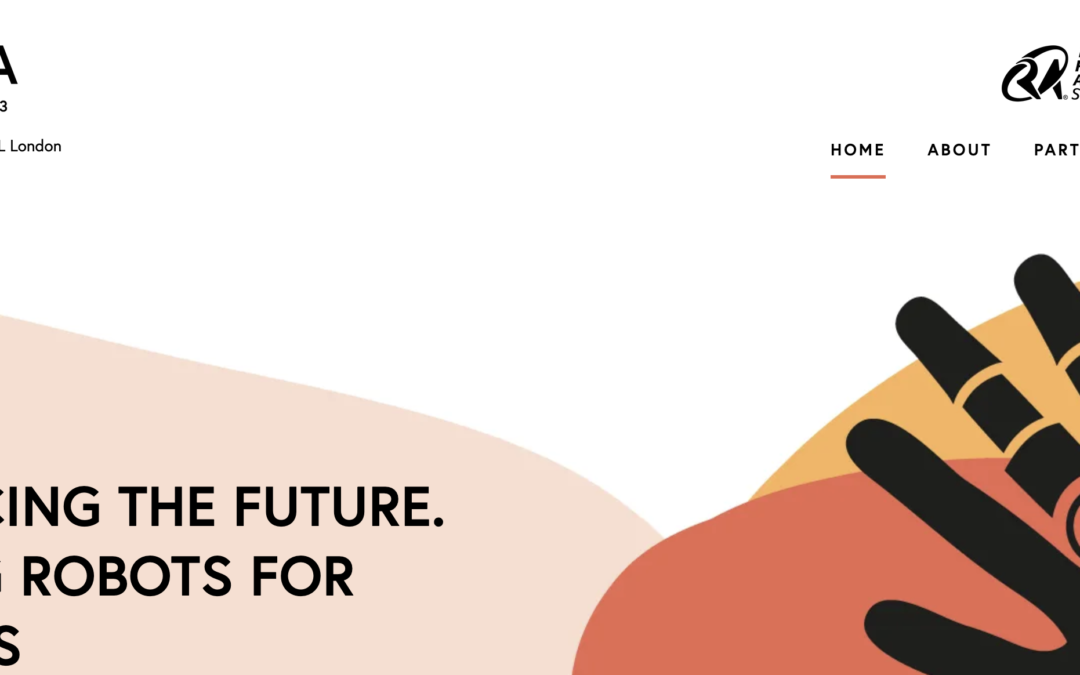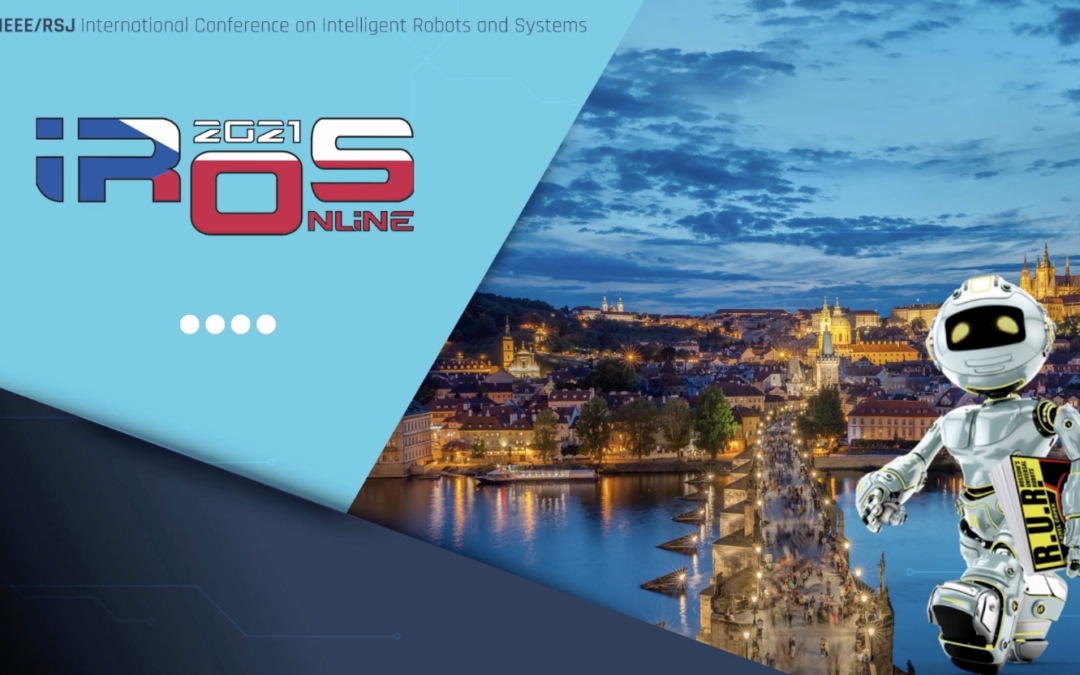
Submission to ICRA 2023
After a successful workshop at IROS 2021, we decided to submit an ambitious program to ICRA 2023: beyond informing, let us also actively involve the participants in a deliberatory exercise. We wish to voice what robotics experts and actors think, want and need to become more sustainable.
Supporting the achievement of and awareness regarding the SDGs within the community. In 2015, 93 countries agreed on the United Nations Sustainable Development Goals (SDGs).
They are a framework of recommendations and principles to achieve a better and more sustainable future for all. After the Millennium Development Goals (MDGs), they address the global challenges, such as poverty, inequality, climate, environmental degradation, prosperity, peace and justice. To achieve these standards, member states may rely on the development of new technologies, such as robotics and automation (R&A). This field could have a significant impact on our society in the coming years. However, R&A also comes with major systemic, environmental, and social challenges.
R&A offer a wide range of tools to enable the SDGs. Drones for search and rescue missions in case of natural disasters could reduce the impact of such catastrophes. Automated monitoring of environmental changes in air, land and water can allow a better understanding and preservation of ecosystems. Precision agriculture can increase productivity and reduce food waste, thus helping to provide food security. Similarly, robots will increase the overall productivity in many industries by automating tedious tasks, thus reducing the price of goods and the risk of work-related injuries. They could improve access to transportation and healthcare and improve the quality of life of people living with disabilities.
R&A can also inhibit this progress. Automation of industries will cause job losses, primarily affecting workers with low education and countries who do not have the means to invest in such technology or to educate a workforce able to benefit from this process. Inequalities in the use of robots in agriculture could prevent small farmers from competing with multinationals, thus enhancing urban exodus and threatening food sovereignty. Robots are also often made of rare-earth materials and produce e-waste, which causes an inherent danger to the environment if not dealt with properly. They may also ease the feasibility of projects which may have damaging consequences on ecosystems, or delay structural changes needed to address global warming (e.g. individual autonomous cars).


Recent Comments